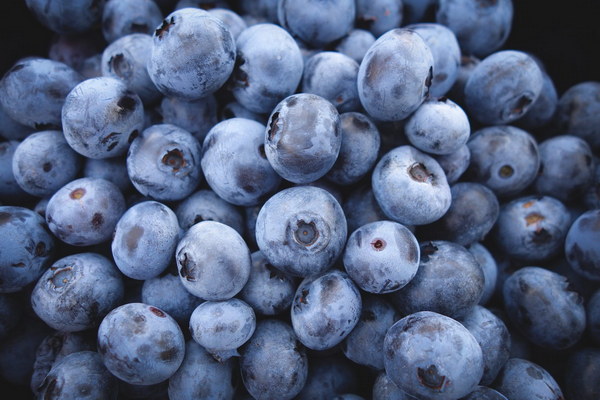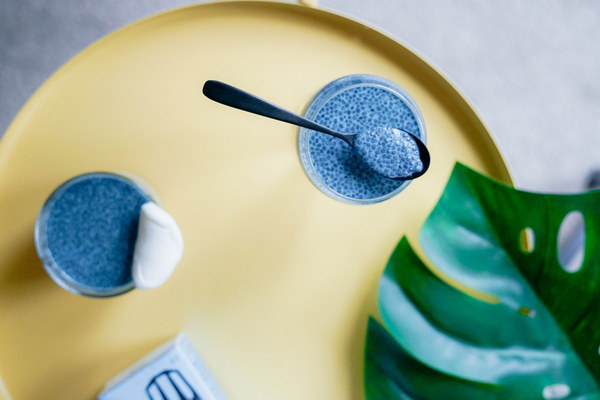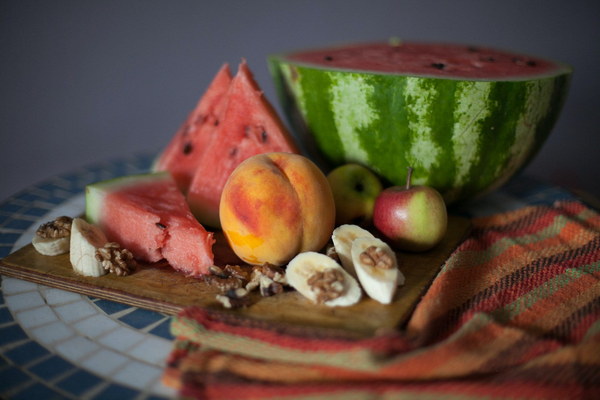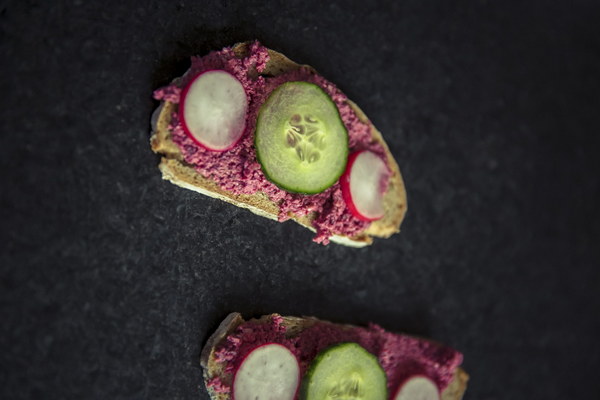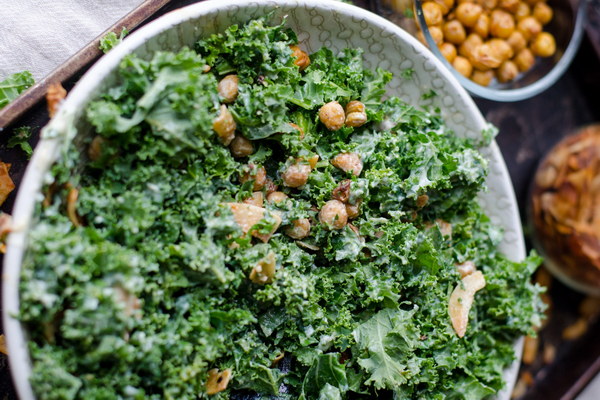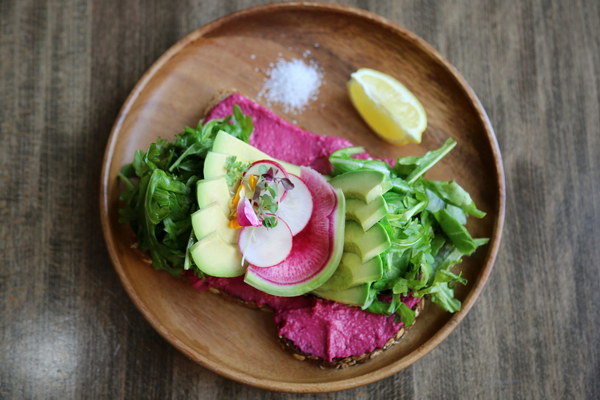Can You Pair HealthBoosting Tea with Seafood
Introduction:
In recent years, the popularity of herbal teas has surged as more people seek natural ways to boost their health and well-being. With a variety of flavors and benefits, herbal teas have become a staple in many households. However, one question that often arises is whether it is advisable to pair herbal teas with seafood. In this article, we will explore the compatibility of health-boosting teas with seafood, considering the flavors, potential health benefits, and any potential risks.
1. Understanding the Flavors:
When it comes to pairing herbal teas with seafood, the flavors play a significant role. Most herbal teas are known for their subtle and aromatic profiles, which can complement the delicate flavors of seafood. For instance, a light, floral herbal tea such as chamomile or lavender can enhance the taste of seafood dishes like grilled salmon or shrimp. On the other hand, stronger-tasting herbal teas, such as ginger or hibiscus, may overpower the seafood's natural flavors and be less suitable for pairing.
2. Health Benefits:
Pairing herbal teas with seafood can offer numerous health benefits. Seafood is a rich source of omega-3 fatty acids, protein, vitamins, and minerals, making it a nutritious addition to any diet. Similarly, herbal teas possess various health benefits, including antioxidants, anti-inflammatory properties, and digestive support. Combining the two can amplify these benefits, potentially leading to improved overall health and well-being.
a) Antioxidants: Many herbal teas, such as green tea and black tea, are high in antioxidants that can help combat free radicals and reduce the risk of chronic diseases. When consumed alongside seafood, these antioxidants can support heart health and enhance the anti-inflammatory effects of omega-3 fatty acids.
b) Digestive Support: Herbal teas, such as peppermint or ginger, can aid in digestion, making them a suitable choice for those who enjoy seafood. These teas can help alleviate symptoms of indigestion and bloating, making the meal more enjoyable.
c) Weight Management: The combination of herbal teas and seafood can be beneficial for weight management. Seafood is low in calories and high in protein, which can help you feel fuller for longer. Additionally, some herbal teas, like green tea, have been shown to boost metabolism and aid in fat burning.
3. Potential Risks:
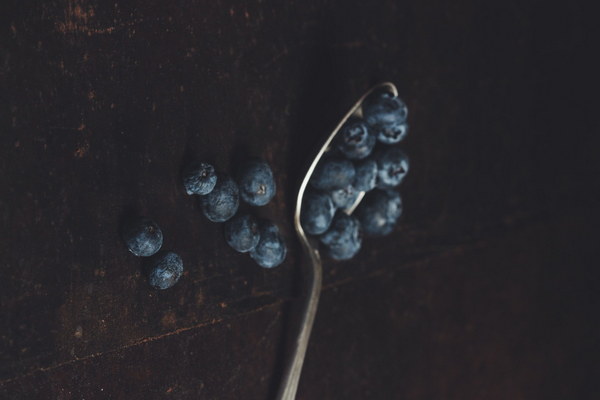
While pairing herbal teas with seafood can offer numerous benefits, there are a few potential risks to consider:
a) Allergies: Some individuals may be allergic to certain herbs used in herbal teas, which can cause adverse reactions when consumed alongside seafood. It is essential to be aware of any allergies and avoid consuming herbal teas that may trigger a reaction.
b) Medication Interactions: Certain herbal teas can interact with medications, potentially causing adverse effects. If you are on medication, it is crucial to consult with a healthcare professional before consuming herbal teas, especially when pairing them with seafood.
Conclusion:
In conclusion, pairing health-boosting herbal teas with seafood can be a delightful and nutritious experience. The subtle flavors of herbal teas can complement the delicate taste of seafood, while the health benefits of both can work together to promote overall well-being. However, it is essential to consider any potential risks, such as allergies or medication interactions, before combining these two dietary choices. With proper consideration, herbal teas can be a delightful addition to your seafood meals, enhancing both flavor and health.

